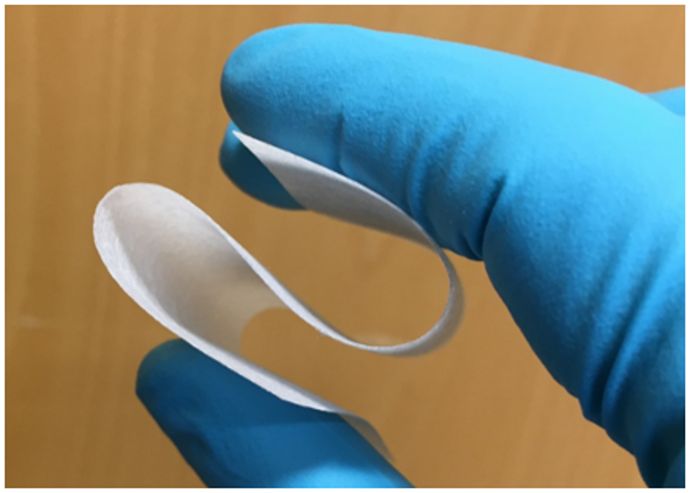A study has published that counts companies of the caliber of Varta and Tesla as collaborators. The research’s objective lies in a technology that develops a new type of glass-based separators that are placed between the electrodes to prevent short circuits.
The new separators under study are ‘filigree’ type glass membranes. Unlike previous separators, they have excellent temperature resistance of at least 500 ° C.
With their help, it will be possible to further increase the operational reliability of batteries in electric cars, laptops, smartphones, and many other high-tech applications.
At the same time, the new separators should slow the aging of battery cells. To achieve this, a unique glass composition characterized by high chemical activity must be developed.
However, these advantages can only be achieved if fragile membranes can be produced. “Reducing glass membranes to less than 20 microns thick is a huge manufacturing challenge for us. But it is imperative to ensure that the operational reliability of batteries is increased, or at least maintained if future innovations are to increase their performance significantly. For example, its storage capacity”, explains the project leader, Prof Dr.-Ing. Thorsten Gerdes of Keylab Glass Technology.
To ensure that the glass membranes developed genuinely meet the demands placed on them, they are being tested in industrial partners Varta and Tesla’s laboratories.
According to Gerdes, the close “collaboration in this joint project aims to ensure that, within three years, we have innovative separators that guarantee the operationally reliable use of lithium-ion batteries in high-tech electronics.”
At this point, we must remember that Hyundai must replace 82,000 batteries, the largest recall in the history of the electric car, as a result of a problem detected in the separators of the batteries produced by LG, as reported by FCE.
Until now, microporous polymer films have generally been used in lithium-ion batteries as spacers, quickly becoming unstable when the cell overheats.
For this reason, the ionic conductivity in the electrolyte is relatively low. To further extend the usage times of portable terminal devices or increase the range of electric cars, battery cell manufacturers are now forced to increase the proportion of chemically active materials and reduce the balance of chemically passive materials in your batteries.
However, this is problematic if, as in polymer films, these are safety-relevant materials. However, the resulting risks could be avoided early on if thin glass membranes were to replace polymer films.
If the project is successful, the new glass membranes will make lithium-ion batteries even safer and more powerful.
Together with its German subsidiary and Varta, Tesla is participating in the study, which also benefits from IPCEI funding.
Within this collaboration, the two brands will make their laboratories available for verification tests. In addition to Tesla and Varta, the companies involved in this project are Vitrulan Glass Textile and Fuller Glastechnologie.

